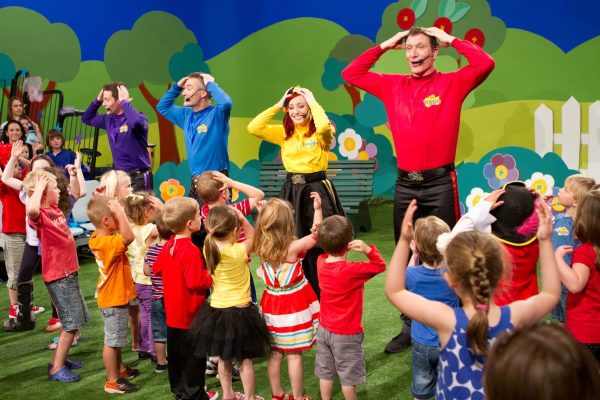Language: What to Expect At 3-5 Years
You can have brilliant ideas, but if you can’t get them across, your ideas won’t get you anywhere.” Lee Iacocca
“The quality of your communication is the quality of your life.” Anthony Robbins
As parents of young children and as health and education professionals, we witness incredible changes in language abilities across the first five years of life. A child’s ability to express her thoughts clearly and understand what others say is a crucial life skill. During the early years, you have the power to influence your child’s language growth and set them up for success!
Check out Speech Pathology Australia’s Communication Milestones and Raising Children Network’s Language Development article to see what a 3, 4 or 5 year old is typically doing.
Here’s how to develop your child’s language:
-
- Books, books and more books! Find inspiration here:
Book Share Time
Books containing lots of verbs (action words)
More books with lots of verbs
Speech Pathology Australia Book of the Year Award Winners
- Books, books and more books! Find inspiration here:
-
- Make your own books! Glue pictures into scrapbooks, make up a story with your child and write the text underneath. Voila, a new bedtime story! Apps like Speech Journal allow you to turn happy snaps into a story and record your child’s voice as they tell the story. This is a great activity for talking about what you did on the long weekend or school holidays.
- Play Simon Says to practise active listening and following directions.
- Play imaginative games with toys. Who will you be, where will you go and what will you find today?

-
- Play Hide and Seek to reinforce location concepts (“Teddy was under the table!”).
- Get the kids in the kitchen! Talking about the order of events (first, next, then, last) while cooking helps your child understand how events are connected in a sequence. This is critical for storytelling (verbal and written) and following directions.
- ‘Recast’ what your child says using the correct words and sentence structure and by extending their statement or question a little. If your child says “Boy playing”, you can say “The boy is playing. The boy is playing with his dog. The boy is playing with his dog outside.” If your child says “I maked my bed”, you can say “Great, you made your bed.”

- Check what your child means by offering a choice, eg. “Did you mean X or Y?”
When to Seek Help
Seek help early, don’t wait and see! Well-meaning family and friends may tell you not to worry but you are the expert on your child. If you have any concerns at all about your child’s speech and language development, call us on 9899 5494!

